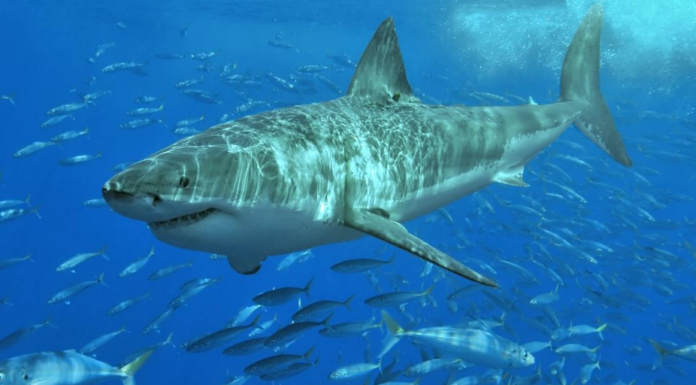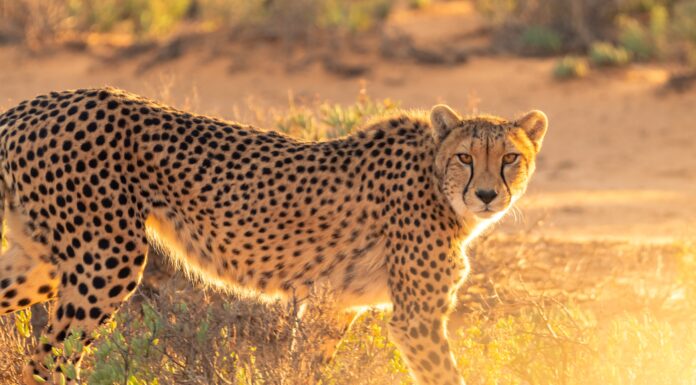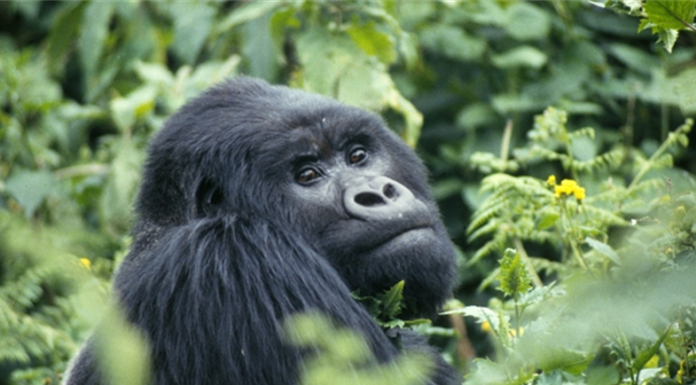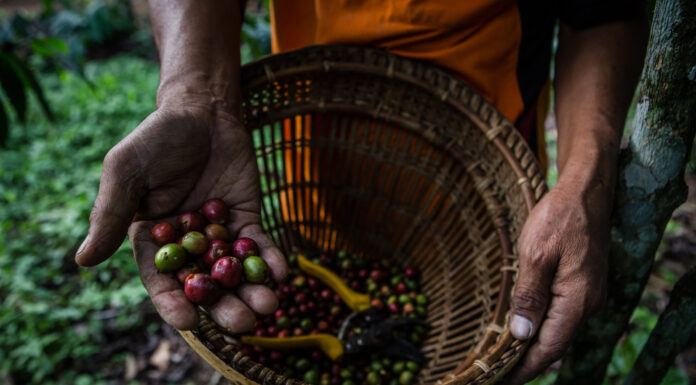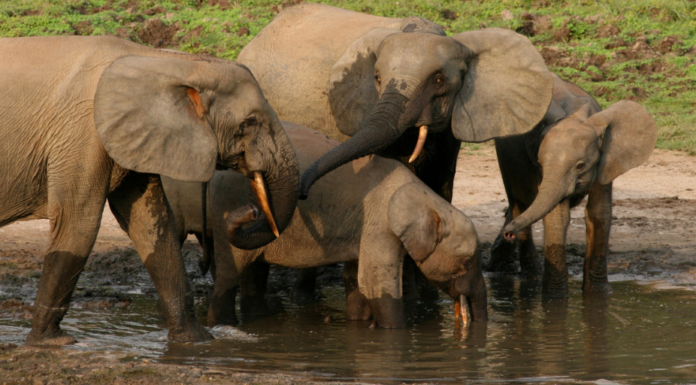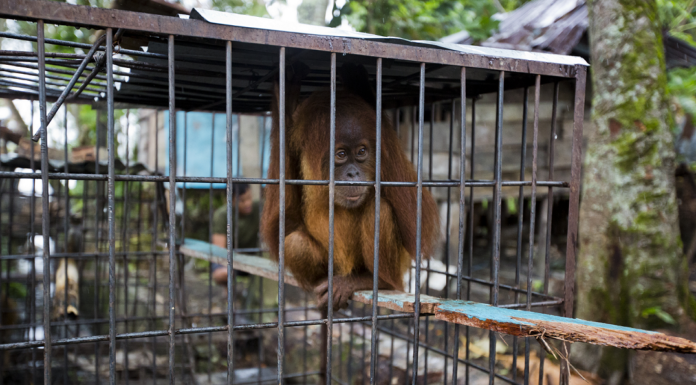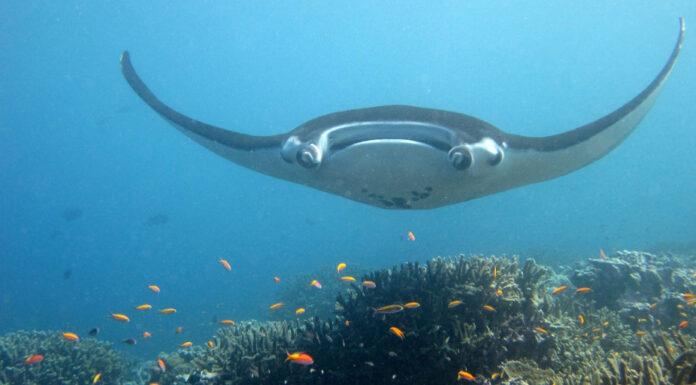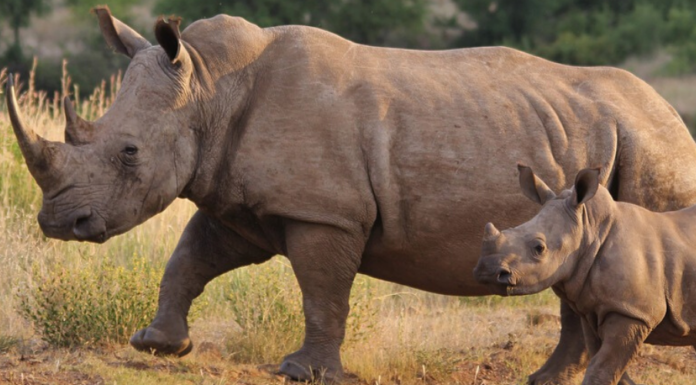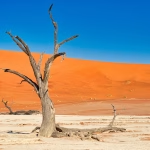Written by: Sophia Daoudi and Jan Hoole
A house proud mouse, considerately tidying up the workbench of the shed in which it lives, has been captured on video and shared online. The mouse pops out of a box, picks up some screws,...
Written by: Gavin Naylor
Human fear of sharks has deep roots. Written works and art from the ancient world contain references to sharks preying on sailors as early as the eighth century B.C.E.
Relayed back to land, stories about shark encounters have been embellished...
Written by: Yannis Papastamatiou
Sitting anchored to the rocky reef 70 feet (21 meters) below the surface of the ocean, hundreds of scalloped hammerhead sharks swam above me in unison, moving as if one. When most people think of sharks,...
Written by: Kimberly White
Cheetahs are set to return to Mozambique’s Maputo Special Reserve for the first time in 60 years.
Maputo Special Reserve was initially established in 1960 as the Special Elephant Reserve. Nearly a decade later, the reserve was...
Written by: Kimberly White
Mountain gorillas are ending the decade on a positive note. According to a new census, the mountain gorilla population in Uganda’s Bwindi Impenetrable National Park has increased.
The census was conducted by the Protected Area Authorities in...
Written by: Sheryl Lee Tian Tong
Confining conservation efforts to only 30 percent of Earth’s land may render a fifth of mammals and a third of birds at high risk of extinction by 2030, according to a new study. If...
Written by: Greg Asner
Humans are dismantling and disrupting natural ecosystems around the globe and changing Earth’s climate. Over the past 50 years, actions like farming, logging, hunting, development and global commerce have caused record losses of species on land and at...
Written by: Kimberly White
A new alliance has formed to take on the illegal wildlife trade.
To mark World Environment Day, an alliance of environmental, policy, legal, business, and public health experts have banded together to address the serious gaps in...
Written by: Kimberly White
An elusive ocean wanderer, the giant oceanic manta ray glides effortlessly through its alluring undersea habitat of living coral reefs, sea turtles and aquatic wildlife. These gentle giants can weigh over 5000 pounds, grow up to...
Written by: Kimberly White
Rhino poaching has decreased for the fifth straight year in South Africa. The South African government has reported fewer rhinos were poached for their horns in 2019.
Home to nearly eighty percent of the world’s rhinos, South...



